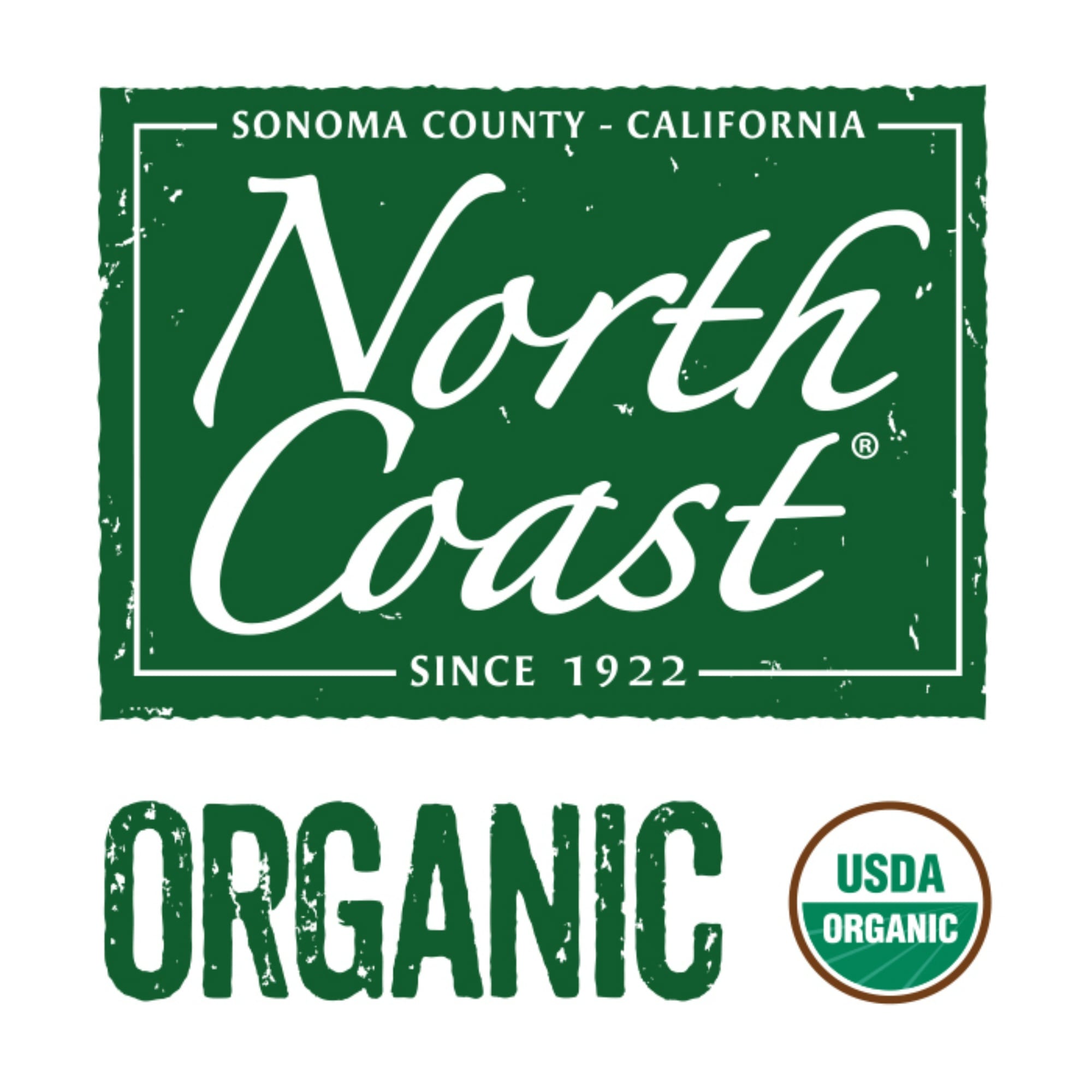
Food is medicine. It’s our daily fuel and one of the main sources of our vitality. In the world today, there’s a great deal of buzzwords, articles, and videos that make it hard to distinguish what is true or false within the food industry. By learning to understand labeling and identifying false advertising, we prepare ourselves to make healthier, more informed choices surrounding our food.
The term “organic” refers to how food is grown and processed before it reaches our mouths. This includes everything from the quality of the soil the food is grown in, the control of pesticides, and the use of additives. Each of these steps in the process of growing and raising our food has a significant effect on our well-being.
Every day, our friends at North Coast Organic are working hard to give back to the world through their organic apple juices, sauce, and apple cider vinegars. Since 1922, they’ve dedicated their business to producing delicious apple products that help to preserve agricultural traditions. By implementing this sustainable method of farming, and using all parts of the apple, they continue to maintain the integrity of growing and selling organic apple products that are great tasting and of superior quality.
Growing organic for North Coast is essential because of the risks of consuming non-organic apple products. The brand also avoids using GMOs, Genetically Modified Organisms, or genetically engineered foods which have been proven harmful to both humans and the environment.
“There’s just no way around it,” Alissa Trinei of North Coast Organic says. “Since the introduction of GMOs in 1996, health problems and chronic illnesses in America have skyrocketed. We see it every day. Our relationship with the Non-GMO Project helps us to educate consumers on the dangers of GMOs. We believe everyone has the right to know what’s in their food and make an informed choice about whether or not to consume genetically modified organisms. To me it’s a no-brainer.”
Maintaining the flavor and nutrition of their product is top priority for North Coast. Here are five lessons they’ve learned from selling organic apple products.
GMOs are proven to be harmful.
As stated above, GMOs contain toxic elements that affect us on a fundamental level. The use of these additives have increased the risks of health disorders, allergies, and digestive issues. Read labels carefully and take the extra step to learning where your food is coming from.
Organic tastes better.
Not only is organic food better for your health, but because of its natural growing methods and lack of pesticides and additives, it tends to have a more pure flavor. And while this may seem subjective, most people agree that organic does indeed taste better.
Organic doesn’t have to be expensive.
One of the main arguments against “going organic” is over the influx in price. It’s true that shopping organic is more expensive than not. But keep in mind that due to the increase in demand for organic produce, the prices have actually decreased in the last couple years. We’re on the right path, so why not forge ahead?
Apples are one of the top should-be organic fruits.
When shopping, learn about the “Dirty Dozen” and “Clean Dozen” lists of produce. While some foods are considered safe to eat non-organic, others are not. Apples are high on Dirty Dozen list because of the pesticides sprayed directly on the apple trees. When apple picking, go organic!
Organic helps fuel more sustainable practices.
As we addressed above, growing apples can and should be a sustainable process. Avoiding pesticides aids the health of the environment. Using all parts of the apple results in little to no waste. These practices encourage overall mindfulness when it comes to our agricultural systems.
Deciding to shop and eat organic is a personal process. Start with small changes. Begin with items on the Dirty Dozen list and pay more attention to labels, steering clear of GMOS, additives, and sneaky tag-lines. Go to your local farmers market and talk to like-minded individuals. Ask for advice and do research.
Taking the time to understand your food will eventually benefit your overall health. To get started, check out a few recipes with organic apple products. Your body—and the planet—will thank you.
In partnership with North Coast Organics
For over 90 years, it has been our mission to produce delicious, wholesome products while preserving agricultural traditions in our community. Water, earth and air, free of chemical fertilizers and pesticides, combined with the skill of responsible organic farmers, is our recipe for producing fruit of exceptional quality and flavor. It is with this practice that we are able to offer you our North Coast apple products that are unlike any other. Made with only U.S. grown apples, we encourage you to taste the difference.
